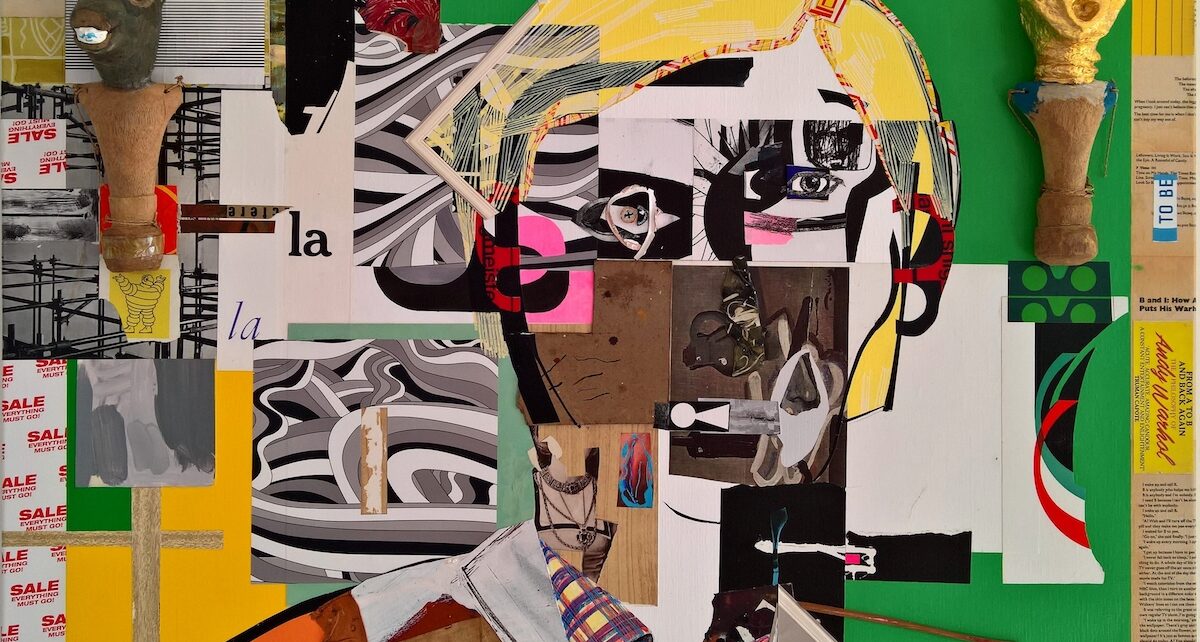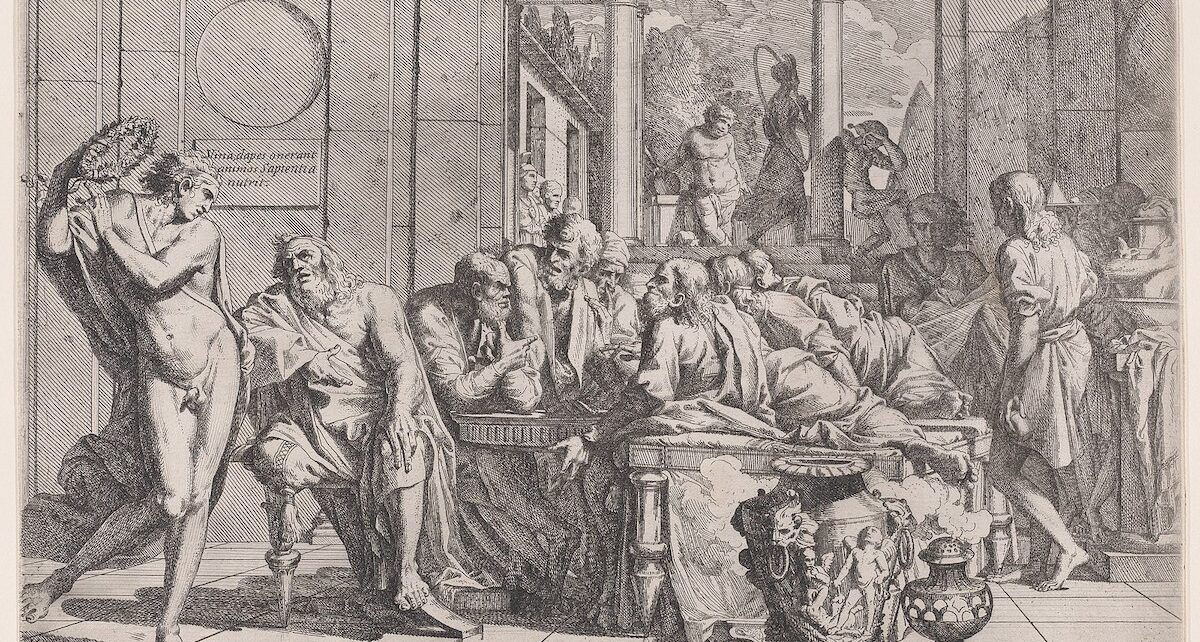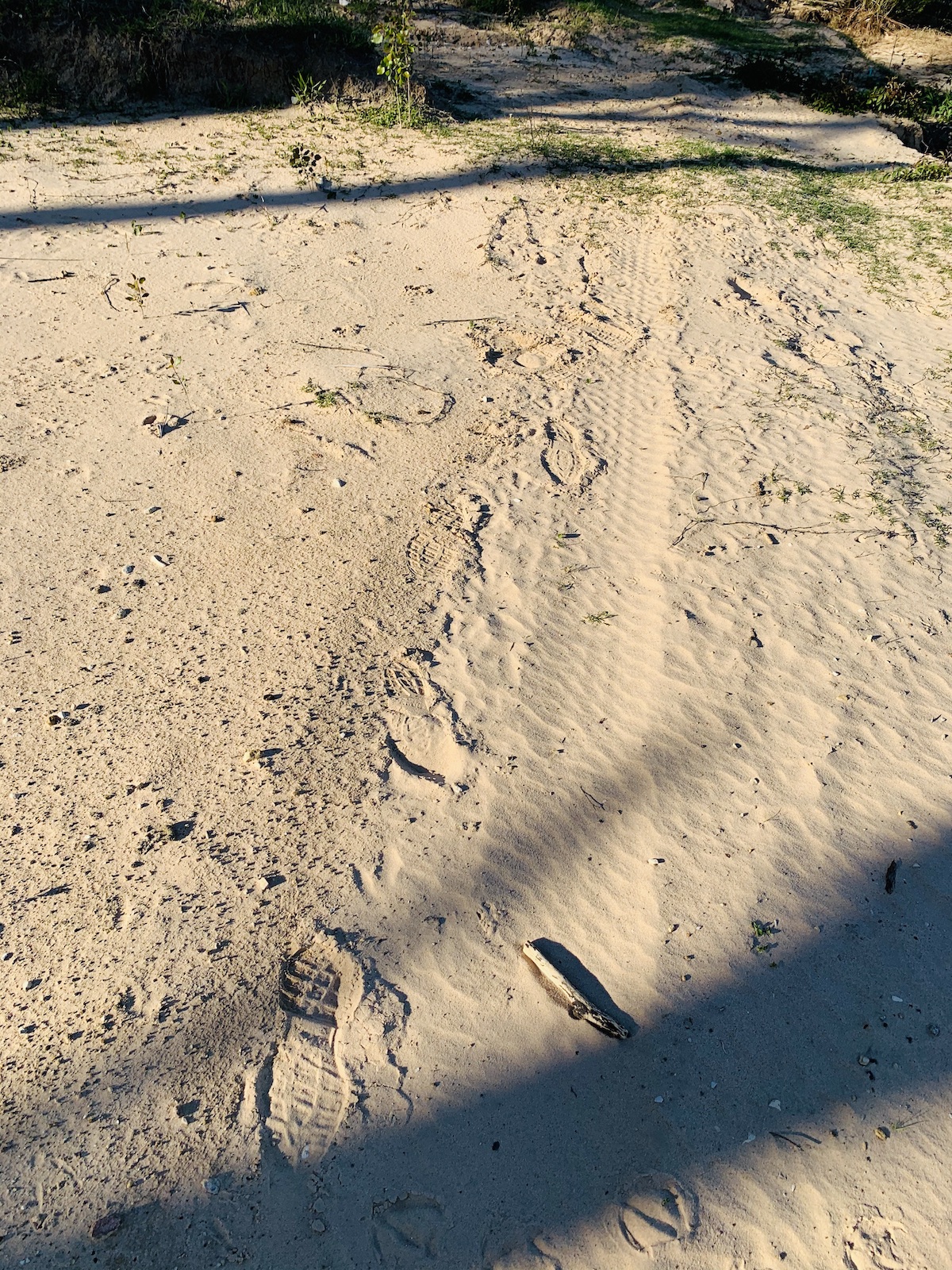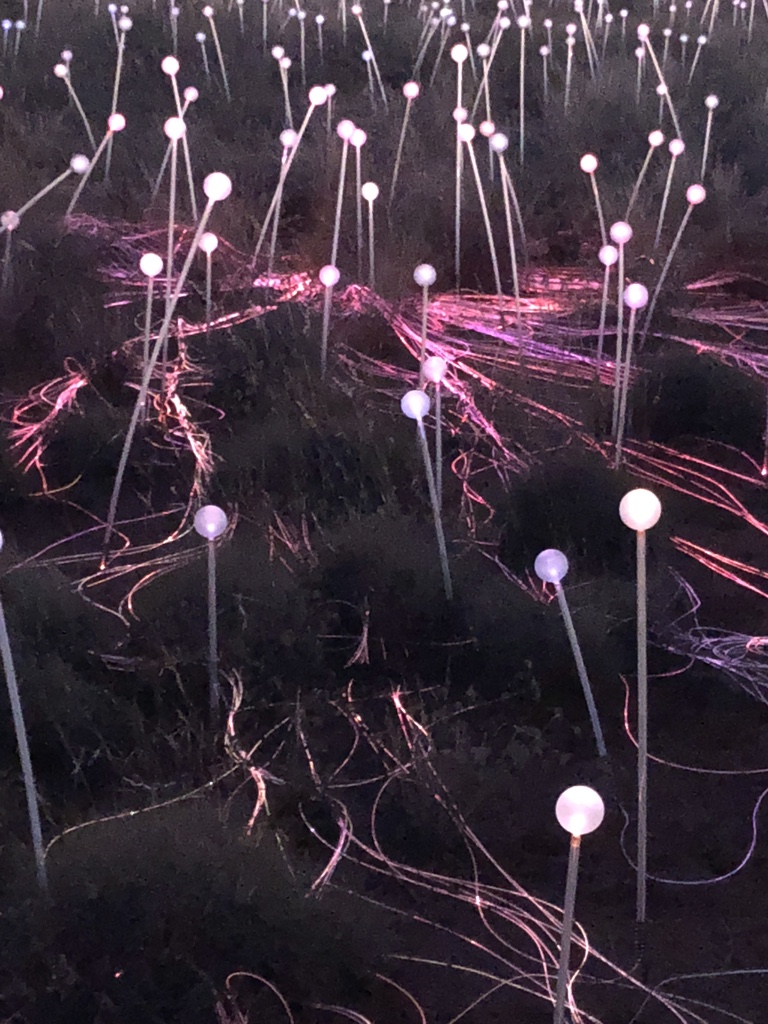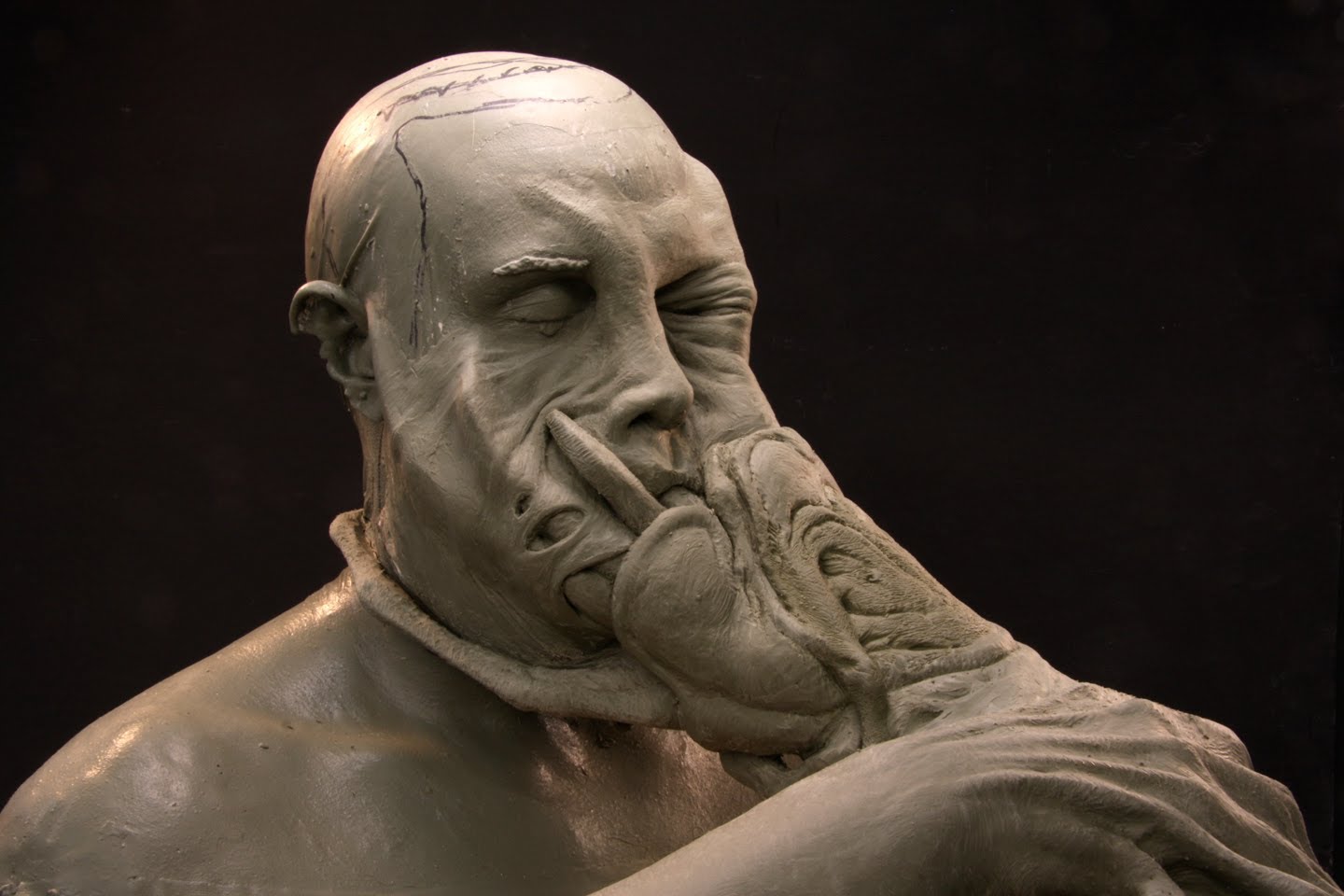This article is published in two installments. The first can be found here. III. Taylor’s typification of postmodernism as Flatland, however, as the quintessential Hegelian “bone”, did not sit well with the British participants in the Shadow of Spirit conference, who represented both the majority and in certain measure the intellectual heavy weights for the […]
Tag: Jean-Luc Marion
Philosophy As Love – Unblocking The Road From Athens To Jerusalem, Part 1 (Erik Meganck)
The following is the first of a three-part series. Philo-sophy literally means “love of wisdom.”[1] But this can be read in more than one way. There is the well-known objective genitive, proposing that philosophers are thinkers who love wisdom without claiming to own it. But there is also a subjective genitive that shows how love […]
Revolutionary Love – Kierkegaard’s Gift Economy As A Religious Corrective To The Leveling Of The Public Sphere, Part 2 (Andrew Ball)
The following is the second insatallment of a three-part series. The first can be found here. Kierkegaard’s Agapic Gift Economy In his late authorship Kierkegaard articulates the social ontology that has implicitly grounded his previous works, calling for his readership to reassess the site and mode of Kierkegaard’s beginnings, the starting point of existential relation. […]
Negative Theology And Its Problems: Barth And Marion, Lecture 3 (Johannes Zachhuber)
The following is the third lecture in an eight-lecture series. I have described in last week’s lecture how, during the 19th century, some serious challenges arose to theological thinking about God. I have not included in this account cases of pure materialism or atheism which consist in little more than a denial of traditional claims […]
The Place Of Das Ding – Psychoanalysis, Phenomenology, Religion, Part 2 (John Panteleimon Manoussakis)
The following is the second installment of a two-part series. The first part can be found here. The Place of das Ding. The foregoing has been an effort to inscribe das Ding within a philosophical genealogy that begins with Plato and extends all the way to Kant, Heidegger, and Marion, connecting psychoanalytic discourse with […]
